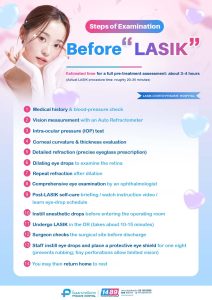- Surgery Center
About
The Surgery Center at Piyavate Hospital provides diagnostic and surgical treatment by a team of highly experienced specialist surgeons, following international medical standards and accredited by HA (Hospital Accreditation) and JCI (Joint Commission International).
Medical Services
The Surgery Center at Piyavate Hospital is committed to providing safe, advanced, and effective surgical care using the latest medical technology and minimally invasive techniques to ensure faster recovery and better outcomes for patients.
- Breast cancer
- Colorectal cancer
- Prostate cancer
- Minor surgeries (e.g., removal of small tumors, lipomas, and cysts)
- Incision and drainage of abscesses
- Corn and callus excision
- Complex surgical procedures requiring post-operative care
- Appendicitis surgery
- Cholecystitis (inflamed gallbladder) surgery
- General trauma and accident-related surgeries
- Breast lump removal
- Breast cancer surgery
- Liver tumor and cancer surgery
- Pancreatic and bile duct cancer treatment
- Hemorrhoid surgery
- Anal fistula surgery
- Colorectal cancer surgery
- Laparoscopic appendectomy (appendix removal)
- Laparoscopic gallstone surgery
- Laparoscopic hernia repair
- Laparoscopic thyroid surgery
- Gastric balloon placement for weight loss
- Laparoscopic sleeve gastrectomy
- Endoscopic procedures for urinary system issues
- Prostate surgery
- Kidney and bladder stone laser lithotripsy
- Kidney and bladder cancer surgery
- Cervical herniated disc surgery
- Brain tumor surgery
- Heart valve repair surgery
- Coronary artery bypass grafting (CABG) for heart disease
- Lung cancer and general thoracic surgeries (open & minimally invasive procedures)











